At one time or another, we have all been told to brush our teeth. Proper dental hygiene is not only important to dental health but to our overall health. Dental problems such as gingivitis can adversely affect our bodies. The same is true when it comes to our dogs. Proper canine dental hygiene can help to prevent a number of oral health related problems, leaving our canine companions happier and healthier.
For humans, the decision to make proper dental hygiene part of our daily routine is easy. On the other hand, our dogs rely on us for their care, including taking care of their teeth. Just as humans suffer with the consequences of poor dental hygiene, our pets can suffer, often without our knowing it. Symptoms of poor canine dental health include bad breath, tooth discoloration, gum inflammation, and tooth loss.
Our dogs can give us signals of medical distress and owners have a responsibility to be aware of the signs. When it comes to dental problems, you may notice changes in your dogs behavior or appearance that can be symptomatic of various dental problems. A dog with a robust appetite may not be eating with the same gusto. Bad breath is another indication that something is wrong.
Before blaming the dog food, it might be a good idea to check your dogs teeth. An abscess associated with a bad tooth or inflammation of the gums may make eating painful. Left untreated, dental disease can cause a host of other problems that will be costly to treat and, most of all, very hard on the dog. Infections of the mouth can spread to other parts of the bodies and some form of drug therapy such as a course of antibiotics may be necessary.
Just like human children, there are multiple stages of canine tooth development. And just like children, proper canine dental hygiene starts during the puppy stage. Your veterinary professional can advise you on the best way to acclimate your dog to having its teeth checked and, most importantly, what to look for during the examination. Whether your dog still has its puppy teeth or has grown into its adult choppers, a weekly check of your dogs mouth should become routine.
The best way to keep your dogs teeth, gums and mouth healthy is to keep it clean. The process is quite similar to caring for own teeth and the toothbrush is the tool of choice. In combination with canine toothpaste, brushing will help to remove any buildup tartar and plaque. Avoid using toothpaste formulated for humans and select a paste that is specially formulated for dogs. Canine toothpaste is flavored to a dogs taste making the job of brushing a little easier.
If your dog has a buildup of plaque that is not removed through regular brushing, a trip to the vet is in order. Most veterinarians provide dental services that include deep cleaning of the teeth and gum line. The procedure generally requires that the dog be anesthetized during the procedure. Very similar to the cleaning process for human teeth, the vet will remove plaque, tartar, check for cavities and polish the teeth.
There are lots of reasons to give your dog a selection of chew toys and good dental hygiene is a good one. Chewing helps to remove debris from the teeth and massages the gums. Stimulating the gum tissue helps to promote increased blood circulation. There are a variety of dog treats that claim to reduce the buildup of tartar, but there is no substitute for regular brushing and when needed, deep cleaning.
As the old cliche goes, an ounce of prevention is worth a pound of cure. Make a veterinary dental exam a regular part of your dogs healthcare regimen.

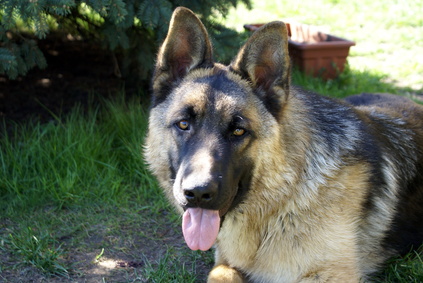 How Often Should You Breed a Stud Dog?
How Often Should You Breed a Stud Dog?
How Often Should You Breed a Stud Dog?
How Often Should You Breed a Stud Dog?
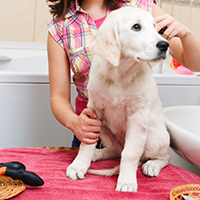 A Bonding Opportunity: Groom Your Dog
A Bonding Opportunity: Grooming You
A Bonding Opportunity: Groom Your Dog
A Bonding Opportunity: Grooming You
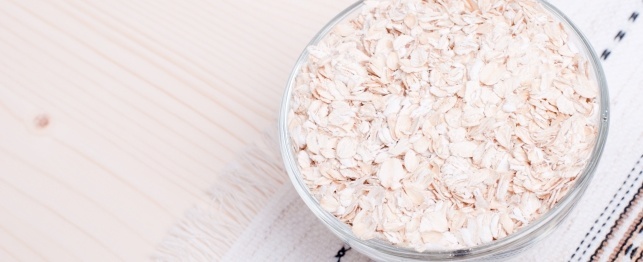 Eight Home Remedies for DIY (Do It Yourself) Dog Care
Eight Home Remedies for DIY (Do It Yourself)
Eight Home Remedies for DIY (Do It Yourself) Dog Care
Eight Home Remedies for DIY (Do It Yourself)
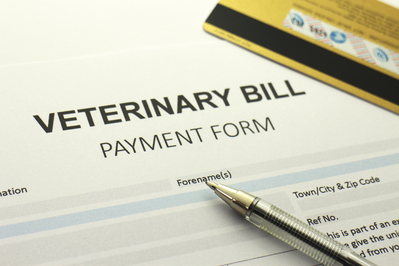 Questions to Ask When Considering Pet Insurance for Your Dog
Cost of Care is Escalating
As vete
Questions to Ask When Considering Pet Insurance for Your Dog
Cost of Care is Escalating
As vete
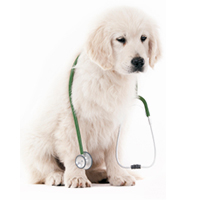 What To Do If Your Dog Ate Chocolate
Chocolate is toxic to dogs and depe
What To Do If Your Dog Ate Chocolate
Chocolate is toxic to dogs and depe